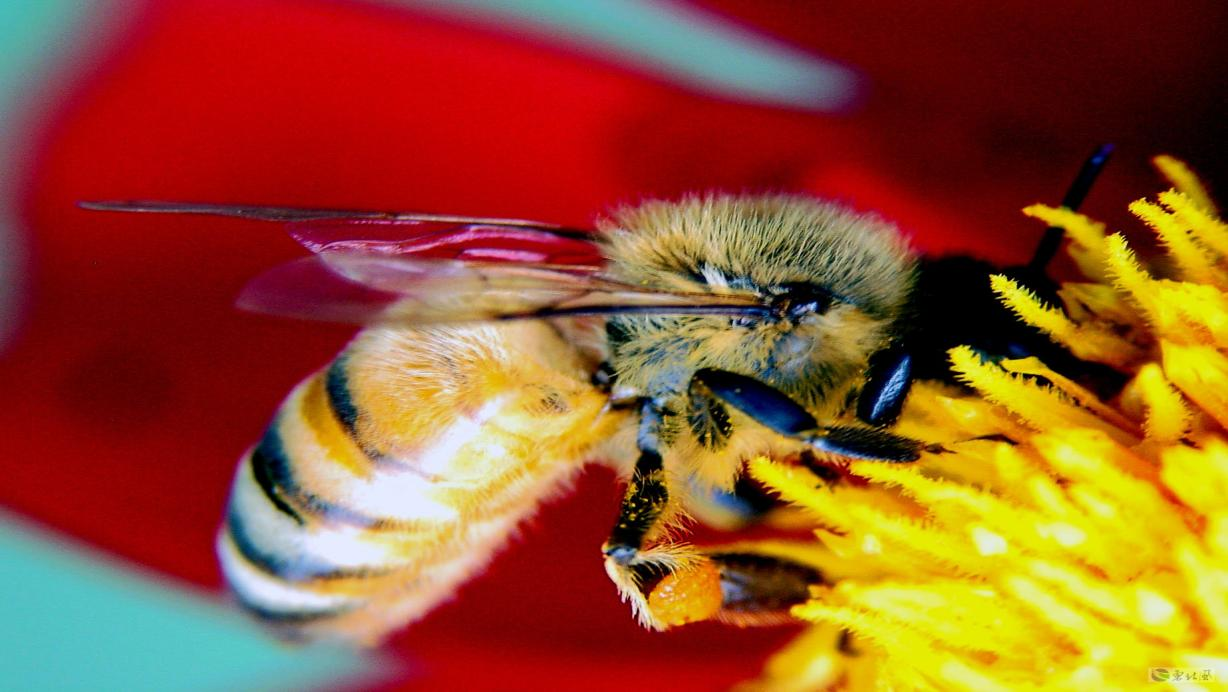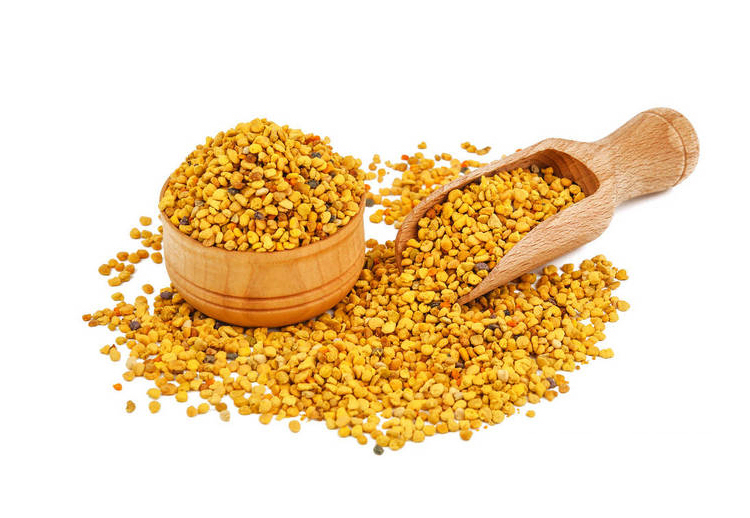- Beehall always with you !
Do you know about bee pollen? Bee pollen is a great natural tonic. If you want to know more about the origins and benefits of bee pollen, follow me!
Bee pollen is a treasure trove of natural vitamins and minerals, and it is highly concentrated. It contains all the nutrients the human body needs and has high nutritional and health value. Bee pollen is popular all over the world as a strong agent for nourishing the body, a brain-enhancing agent for mental work, an edible beauty agent and a treatment agent for various diseases. It has become a natural treasure for health care, disease treatment and beauty by the nutrition, medical and beauty industries.

So what is bee pollen? Where does bee pollen come from?
Bee pollen is a mass of pollen grains collected by bees, which are preliminarily processed after adding their own special gland secretions, saliva and nectar.Light yellow or chestnut color, slightly sweet, slightly bitter, slightly fishy.
When bees gather nectar, they bring back pollen clusters ,which are stored and fermented in the hive to form bee pollen.Bees collect pollen mostly in the morning, cloudy days and after rain and other weather with high relative humidity. At this time, bee pollen is more sticky.In dry weather, bees barely collect pollen.
Pollen is the male reproductive organ of higher plants - the reproductive cells in the stamen anthers, and the individual is called the pollen grain. When the pollen grains mature, the anthers split open, releasing the pollen. It is collected and processed by bees to form lumps, which are intercepted by bees when they return to the hive, called bee pollen.

The main dietary components of bee pollen are protein, amino acid, vitamin, bee pollen, trace elements, active enzymes, flavonoids, lipids, nucleic acids, brassicin, phytic acid and so on. Among them, the amino acid content and proportion are closest to the amino acid pattern recommended by the Food and Agriculture Organization of the United Nations (FAO), which is extremely rare in natural food. Bee pollen is a concentrated substance of nutritional and medicinal value. It contains proteins, carbohydrates, minerals, vitamins and other active substances. Bee pollen is not only an excellent natural nutrition food, but also an ideal tonic, and has certain medical effects.
Pollen contains a variety of nutrients, including 22 kinds of amino acids, 14 kinds of vitamins, 30 kinds of trace elements and a large number of active proteases, nucleic acids, flavonoids and other active substances. Pollen is rich in protein in the form of free amino acids, the content of more than milk, eggs 5-7 times; Vitamin C content is higher than fresh fruits and vegetables, known as the king of natural vitamins. In particular, the content of B vitamins is extremely rich, 100 times higher than honey. Each 100 grams of pollen contains 600 micrograms of thiamine, 1,670 micrograms of riboflavin, 900 micrograms of pyridoxine, 2,700 micrograms of pantothenic acid, and 10,000 micrograms of niacin. It contains a variety of minerals, in these minerals, the content of some elements are: potassium 20~40%, magnesium 1~20%, calcium 1~15%, iron 1~12%, silicon 2~10%, phosphorus 1~20%.
Today, I mainly explain the origin of bee pollen and the main components of bee pollen. Bee pollen is divided into many types according to the different types of flowers collected by bees. In the next article, I will explain the types of bee pollen in detail.
 Hot News
Hot News2024-01-16
2023-11-28
2023-11-15
2023-10-26
2023-10-16
2023-10-11
 ONLINE
ONLINE